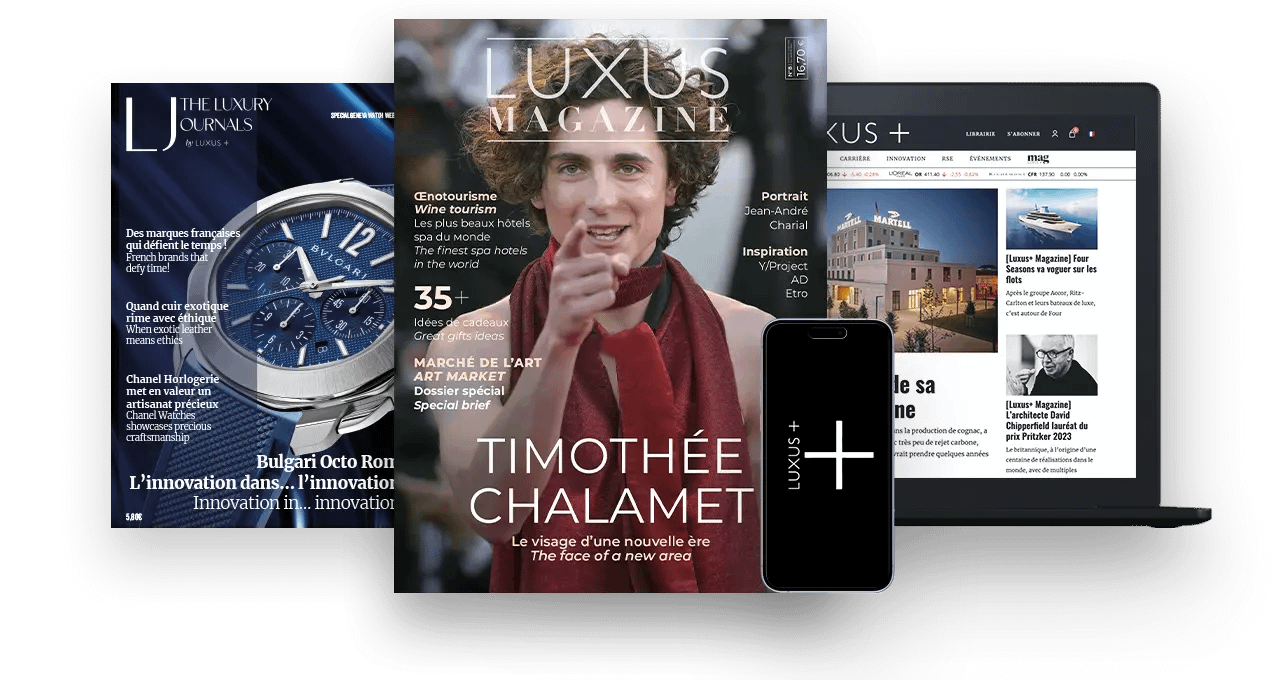After several sluggish quarters, the luxury sector could begin a gradual recovery by 2026, according to UBS. The Swiss bank has identified several positive signs, despite ongoing uncertainties linked in particular to China and high valuations.
The tide may finally be turning for the luxury sector. After several quarters of underperformance, UBS believes it is time to adopt a less defensive stance on this market segment. The bank, which had previously underweighted luxury stocks in its portfolios, now sees encouraging signs of recovery, detailed in a recent research note.
A sector that has long struggled
The luxury sector seems to have been excessively neglected by investors in recent quarters. According to UBS, it has been in an oversold state – a term used to describe a given underlying asset whose price has fallen too quickly and too low – for nearly three consecutive seasons. This is a rare phenomenon, but historically a positive one: in nearly 76% of similar cases, it has been followed by outperformance in the following three months.
Another notable observation is that although earnings revisions for luxury groups are less favorable than those for the market as a whole, they remain above the sector’s stock market performance. The bank interprets this gap as excessive pessimism among investors, who are anticipating a deterioration that has not yet materialized in the figures.
Beyond these short-term signals, more structural factors are supporting renewed interest in the sector. Valuations, in particular, appear to be under pressure: the price-to-book ratio for the global luxury sector is now close to its lowest levels in 15 years. Furthermore, while earnings remain slightly above their long-term trend (+9%), they have fallen significantly from their past excesses, when they were 50% above the trend.
Finally, after a period of strong spending, investment has returned to more moderate levels, reducing the risk of overcapacity. This healthier foundation could, according to UBS, pave the way for a sustainable recovery when demand picks up.
The impact of key markets
UBS also highlights the key role of the US market, which alone accounts for 21% of global luxury spending and around a third of its growth. However, the recent rise in US stock markets, if sustained, could boost consumption among the most affluent households. According to the bank, a 10% rise in US equities could translate into a 0.6-1.2% increase in spending in the luxury sector.
Another possible boost is the tax reform proposed by Donald Trump, which includes a 2.3% tax cut for the richest 10%. This could potentially stimulate high-end consumption in the US even further.
Beyond Western markets, luxury goods could also benefit from the rise of the ambitious middle classes in emerging countries. UBS cites the example of India, where the population with an annual income of more than $10,000 is expected to grow by 15% per year between now and 2030, well above the overall population growth rate of 1.3%.. Luxury goods are seen not only as a symbol of social status, but also as a store of value, much like certain tangible assets.
Despite these generally encouraging prospects, areas of turbulence remain. The most notable concerns China: slowing growth, uncertainty in the real estate market, and falling rents could weigh on Chinese consumer spending power for some time to come.
However, China accounts for nearly 28% of the global luxury market. In addition, between 60% and 70% of Chinese household wealth is invested in real estate, a traditional channel for wealth that is now fragile.
The Hermès, Richemont, Burberry trio under close scrutiny
Read also > Global luxury market : Bain & Co now expects a decline of 2 to 5%
Featured photo : © Getty Images




































